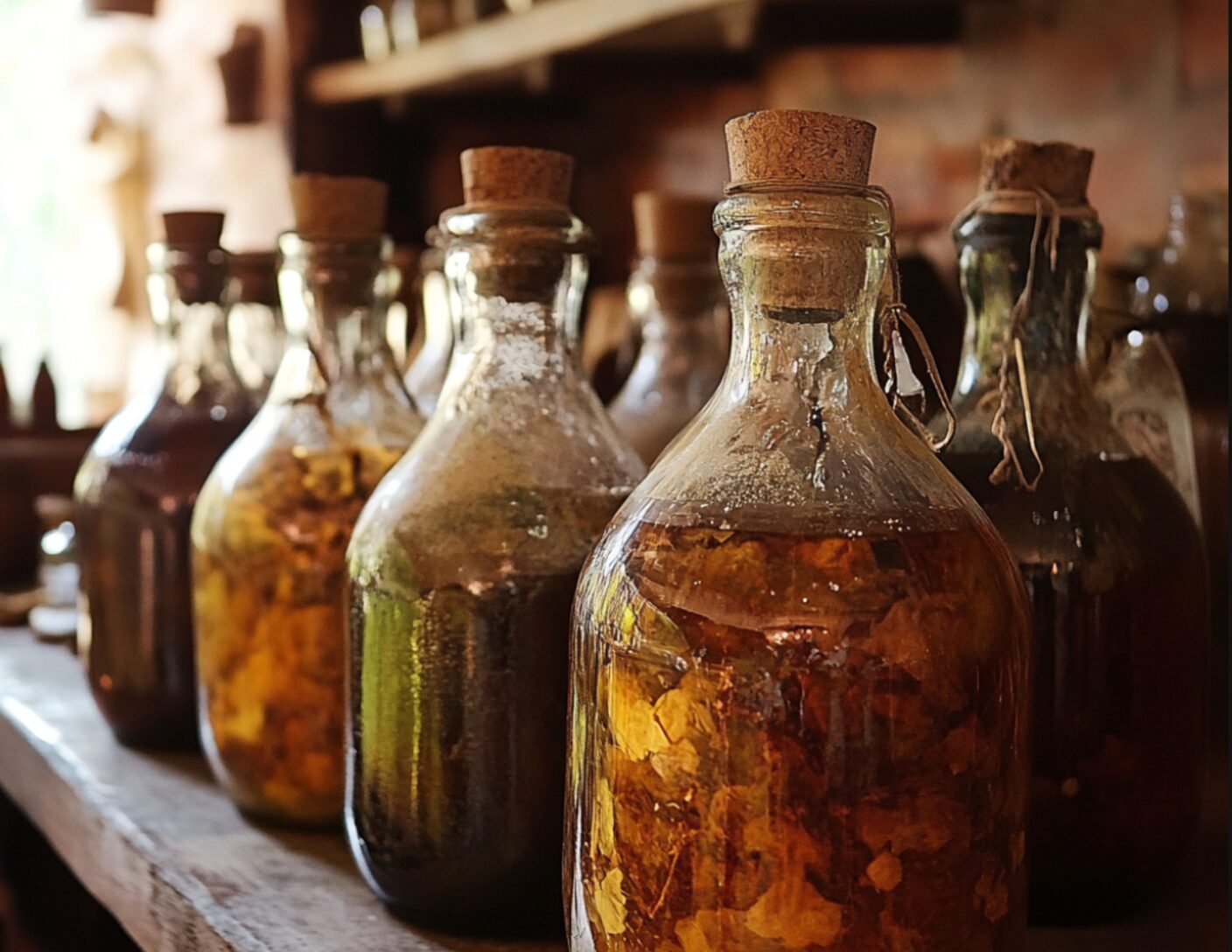Primal Primer 7 (Nutrition)
Fermenting fruits and grains to produce alcohol has been in practice for more than 7,000 years. During the Neolithic period, flourishing agriculture presumably led to intentional practices of fermentation for preserving foods and creating proto intoxicants known as alcohol. First Evidence of these enhanced beverages dates back to 7,000 years ago in China, where drinks made from fermented rice, honey, and fruit was consumed. 3,000 years later in Mesopotamia, beer emerged as a dietary staple, even becoming forms of currency. Later in Medieval Europe, monastic communities advanced brewing techniques, creating beer and wine used in ritual and solution for unsafe water.
Fermentation Technology
Fermentation is a transformative technology preserving and enhancing food; boosting nutritional content, stability against decay, probiotic production, and in some cases, flavor improvement. While alcohol is one of the lesser nutritious outcomes of fermentation, its complex narrative deeply influences culture, religion, and social interaction—acting as social lubricant albeit posing potential harms.
Alcohol Duality: Poison Or Purpose
Like fire, which can cook your food or burn down your house, alcohol carries a duality of danger. The key lies in moderation. Once a safe alternative to questionable water or staving off decay, alcohol can easily transform from a beneficial nutritional modality into a harmful dependent substance. While potentially fostering unity in communal settings, it is crucial to remain vigilant against it’s addictive potential and toxic habits accompanying excessive use.
~Cave Implementation~
If you feel compelled to consume alcohol, do so with intentionality and purpose. Critically examine your relationship with alcohol. Consider the why driving consumption, and evaluate its contribution. “Hangovers” are clear indicators of alcohol’s potential toxicity. Is recovery subpar, or body composition out of healthy bounds? Are goals being impeded following use? Are relationships degrading? Acknowledge realities and set boundaries to guide both responsible and irresponsible consumption.
Alcohol Can Foster Unity & Enjoyment…Moderation Is Key.














